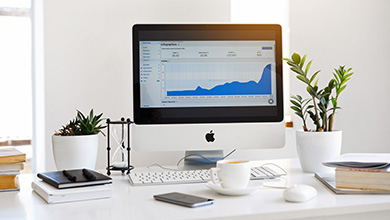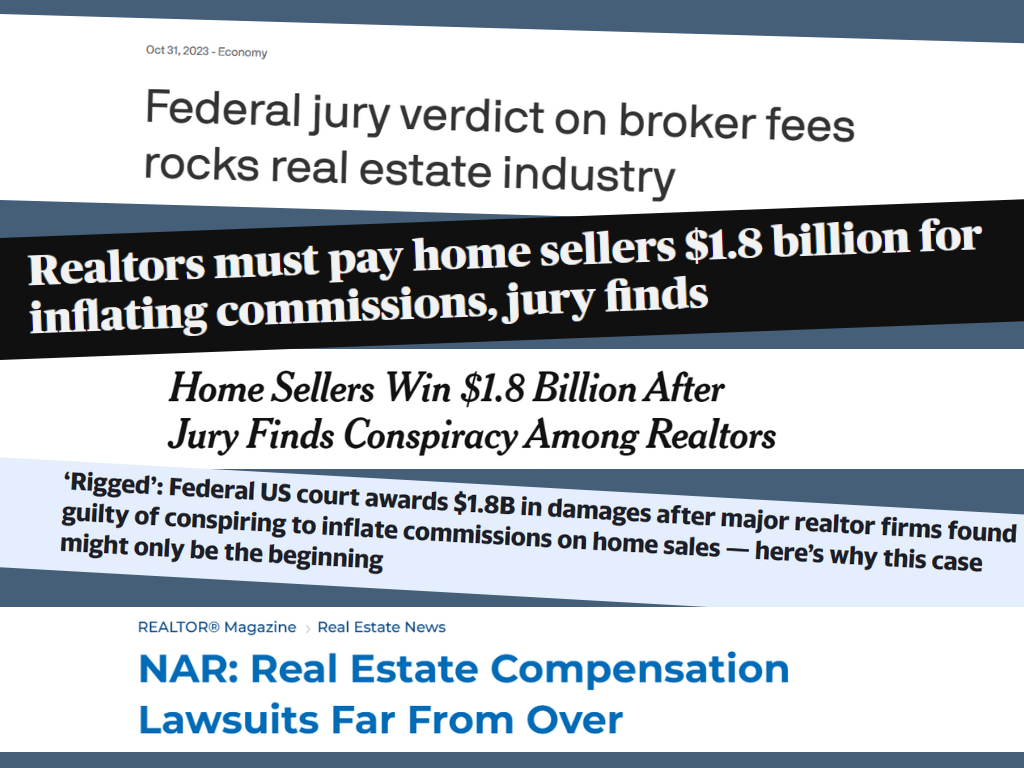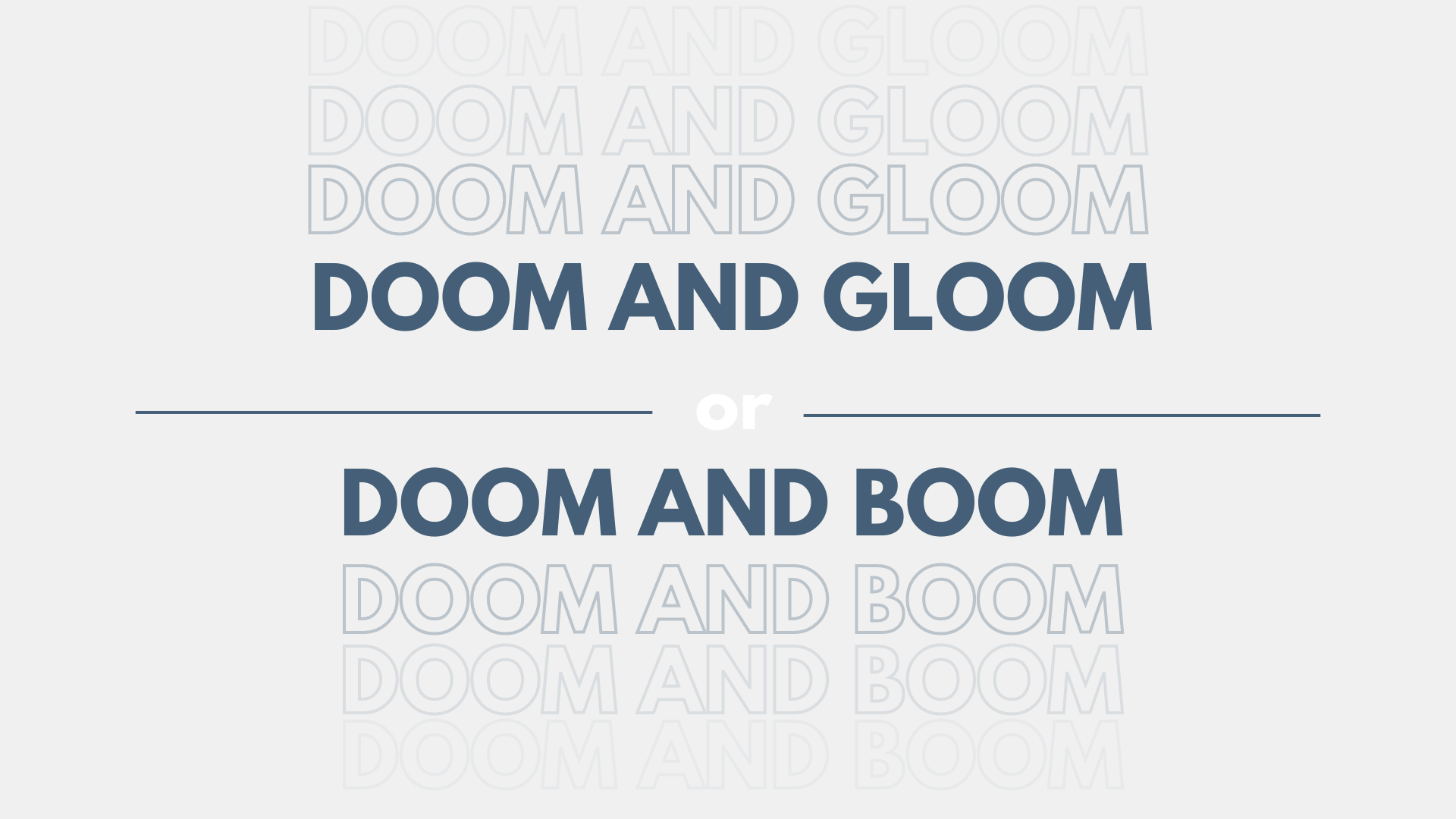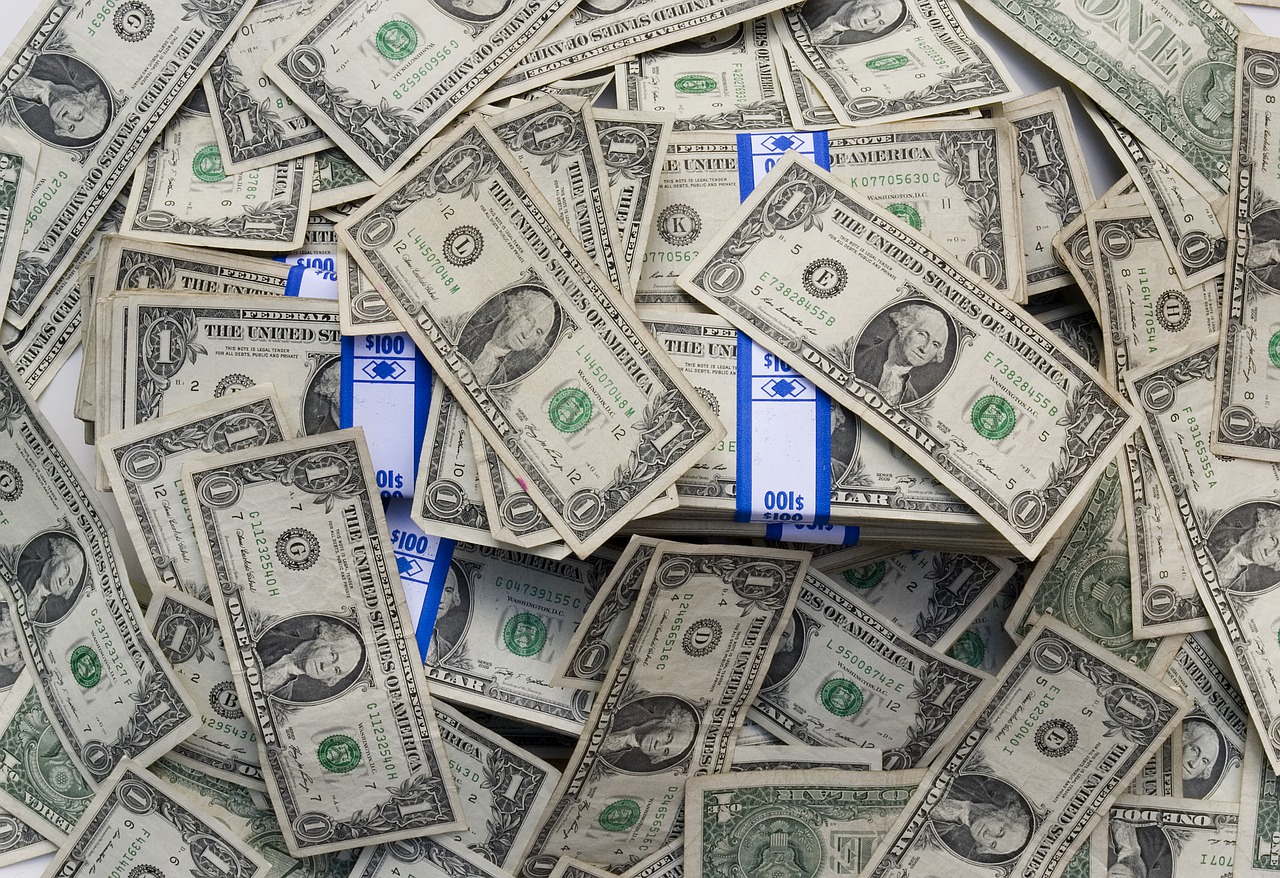Mortgage rates may be at an all time low, but there’s still a big difference between a 3 percent and 4 percent rate. We take a look at the factors that determine your mortgage rate and calculate how much you’ll pay.
When you start looking to buy a house, you’re going to hear all about mortgage rates and how much it sucks that they’re going up, how great it is if they’re going down, or even why low mortgage rates aren’t always a good thing.
Your mortgage rate is simply the amount of interest charged by whomever you took a loan out with to purchase your house.
So how do you get to this percentage? And how will it really affect how much you pay? For example: How will a 1 percent difference in mortgage rate affect how much you pay?
A 1 percent difference in mortgage rate on a $1,000,000 home with a $800,000 mortgage increases your monthly payment by almost $450. Ouch!
You can use our mortgage calculator to play with different rate scenarios, or check out the latest best mortgage rates to get a sense of where rates are today.
First, let’s take a look at how lenders determine your rate.
Determining factors in your mortgage rate
Credit
Like most things, your credit score is going to be one of the biggest factors in determining your mortgage rate.
Your mortgage is a loan, so like any other loan, you’ll need a very good credit score to qualify for the best rate. This means a FICO score of at least 700. To get the best rates, a score above 740 is even more desirable.
Down payment
The bigger your down payment, the lower the mortgage rate. If you put down 20 percent or more, lenders see you as a lower risk because you have as much at stake in the property as they do.
Not only your down payment, but your loan length determines your rate, for the same reason. The shorter your loan, the less risk for the lender. So if possible, a 15-year mortgage is better than a 30-year mortgage.
Income stability
Your lender obviously wants to know that you have a stable job so you can pay off the loan they’re giving you.
If you’ve just changed careers, own your own business, earn your income mostly from freelancing, or have less than a consistent two-year work history, you’re less likely to get the best rates.
These scenarios demonstrate that your financial situation has been subject to change in the past. Even if you own your own seemingly stable business, this still makes you a greater risk because you have more to lose.
Area
Where you live can have a bearing on your rate. Rates vary by state, and tends to be based on how well the housing market is doing in your state.
If the market is healthy where you’re looking, a lender will likely charge a lower rate because there’s less of a risk of default.
Type of loan
There are different types of loans you may qualify for that impact your mortgage rate.
15-year and 30-year mortgages are the most common, with 20 percent typically required as a down payment. However, FHA loans (which get their name from the Federal Housing Administration) require much smaller down payments (as little as 3.5 percent). On the other hand, FHA loans may also require the homeowner to purchase private mortgage insurance, which protects the lender against default.
What’s currently happening with mortgage rates?
If you’ve been looking at mortgage rates, you’ve likely head that they’re at an all-time low.
Considering that back in the 80s, a typical mortgage rate was between 10 and 18 percent, yes they’re definitely lower now.
These days, a higher mortgage rate is considered over 4 percent. Of course, the cost of real estate has risen, but mortgage rates are still substantially lower than they could be.
Still, you’ll want to do all you can to get a lower rate. Let’s look at some calculations to see how much your mortgage rate affects your monthly payments.




